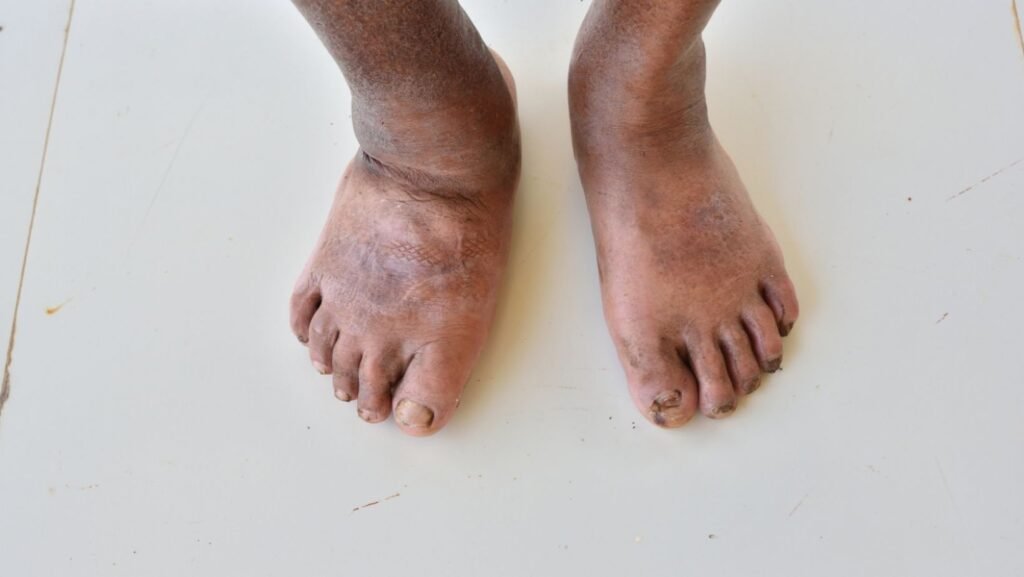Swollen legs can signify many different things; while some causes of swollen legs are benign, others can be pretty serious. This condition is often the result of edema, the abnormal fluid accumulation in your tissues. Edema can be caused by various things, including heart failure, kidney disease, liver disease, venous insufficiency, or certain medications. Therefore, you need to pay attention to your leg swelling and consider it a serious medical issue when your Weston swollen legs are accompanied by pain, redness, or other symptoms.
When your legs are swollen, walking or standing for long periods can be challenging. You may notice that your shoes feel tighter than usual or that rings or other jewelry mark your skin. Your legs may feel heavy, achy, or fast, and the swelling may make it difficult to bend your knees or put on socks. If you have any of these symptoms, you should see a doctor find out what is causing your leg swelling.
Below are situations where swollen legs can be a severe medical problem:

Swollen legs with sudden onset and severe pain
The sudden-onset leg swelling accompanied by severe pain is due to a blood clot. Blood clots can occur in the veins (venous thrombosis) or arteries (arterial thrombosis) and can be life-threatening if they break loose and travel to your lungs (pulmonary embolism).
Swollen legs with redness, warmth, and pain
This combination of symptoms is often due to an infection, such as cellulitis. Cellulitis is a bacterial infection of the skin and underlying tissues that can spread quickly if not treated. Other causes of these symptoms include deep vein thrombosis (DVT) and shingles.
Swollen legs with shortness of breath, chest pain, or irregular heartbeat
These symptoms may be due to heart failure, a condition in which your heart cannot pump blood effectively. It can cause fluid to build up in your legs and other body parts. If you have these symptoms, you should seek medical help at Soffer Health Institute.

Swollen legs with a change in skin color or texture
These symptoms may be due to venous insufficiency, a condition in which the valves in your veins are not working correctly. It can cause blood to pool in your legs and lead to swelling. This condition is more common as we age, but it can also be caused by pregnancy, obesity, or standing for long periods.
Swollen legs with severe headache, vision problems, or seizures
These symptoms may be due to preeclampsia, a condition that can occur during pregnancy. Preeclampsia is characterized by high blood pressure and protein in the urine. If left untreated, it can lead to severe or even life-threatening complications for both the mother and the baby.
Swollen legs with joint pain or stiffness
These symptoms may be due to arthritis, which is a condition that causes inflammation of the joints. Arthritis can be caused by various things, including injury, infection, or autoimmune disease. There are many different types of arthritis, and each type can cause other symptoms.
Swollen legs can be a sign of many different things. If you have any of these symptoms, you should see a doctor find out the cause.












































































































